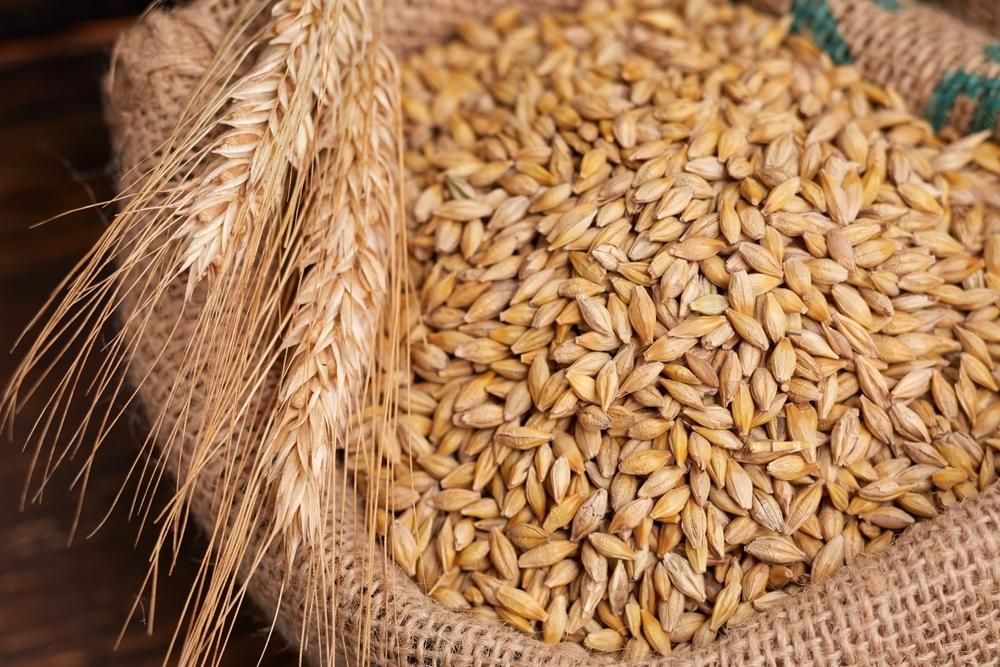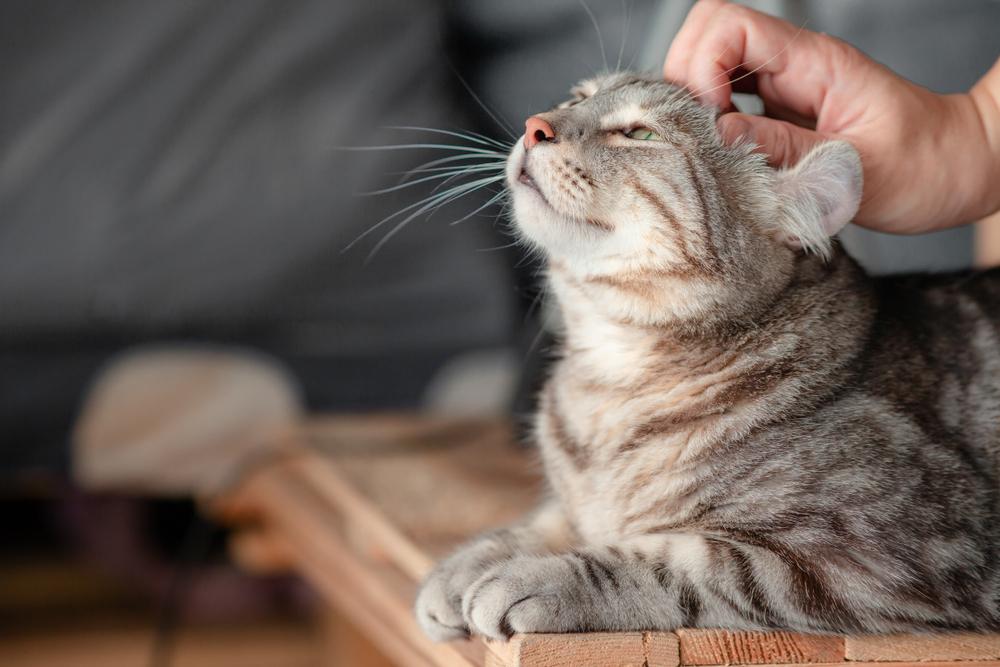
-
Find the right food for your petTake this quiz to see which food may be the best for your furry friend.Find the right food for your petTake this quiz to see which food may be the best for your furry friend.Featured products
 Adult Large Breed Chicken & Barley Recipe Dog Food
Adult Large Breed Chicken & Barley Recipe Dog FoodSupports healthy joints, lean muscle, and beautiful coat for large breed dogs
Shop Now Hill's Science Diet Adult Chicken & Beef Entrée Dog Food
Hill's Science Diet Adult Chicken & Beef Entrée Dog FoodChicken & Beef Entrée in a delicious loaf with complete & balanced nutrition to help keep adult dogs active and healthy
Shop Now Adult Chicken & Barley Recipe Dog Food
Adult Chicken & Barley Recipe Dog FoodSupports lean muscle and beautiful coat for adult dogs
Shop NowFeatured products Adult 7+ Indoor Chicken Recipe Cat Food
Adult 7+ Indoor Chicken Recipe Cat FoodSupports energy level and beautiful fur in mature indoor cats
Shop Now Senior Vitality Adult 7+ Tuna & Vegetables Stew
Senior Vitality Adult 7+ Tuna & Vegetables StewImproves Everyday Ability to Get Up & Go
Shop Now Adult Turkey & Liver Entrée Cat Food
Adult Turkey & Liver Entrée Cat FoodPrecisely balanced nutrition with the delicious taste of minced turkey & liver to help fuel the energy needs of cats during the prime of their life
Shop Now -
Dog
- Dog Tips & Articles
-
Health Category
- Weight
- Food & Environmental Sensitivities
- Urinary
- Digestive
- Joint
- Kidney
-
Life Stage
- Puppy Nutrition
- Adult Nutrition
- Senior Nutrition
Cat- Cat Tips & Articles
-
Health Category
- Weight
- Skin & Food Sensitivities
- Urinary
- Digestive
- Kidney
-
Life Stage
- Kitten Nutrition
- Adult Nutrition
Featured articles The Science Behind Our Love for Pets
The Science Behind Our Love for PetsLearn the scientific reasons why we have such strong connections with our pets, and what science says about the love between humans and our furry friends.
Read More What Is Littermate Syndrome? Pet Adoption Guide
What Is Littermate Syndrome? Pet Adoption GuideLearn more about littermate syndrome in dogs and cats and how to successfully navigate adoption and early socialization processes.
Read More How to Properly Mix Wet & Dry Pet Foods
How to Properly Mix Wet & Dry Pet FoodsAn Orange cat eating from a bowl filled with mixed food
Read More -


As a cat parent, you know good nutrition is a necessary part of caring for your pet's health. But when you're narrowing down your cat's food options, it can be difficult to distinguish marketing and misguided pet food trends from nutrition science.
Canned and dry cat food formulas are based on nutritional studies that aim to minimize health issues and promote long, happy lives. Many of these foods undergo years of testing to ensure the healthiest, safest products make it onto the shelves. So, how do you interpret pet food labels? For example, what does "grain-free cat food" mean, and how do you know whether this is the healthiest choice for your cat?
What Is Grain-Free Cat Food?
Grain-free pet foods have risen in popularity over the past several years. These foods are formulated without grains — but what are grains, exactly?

Common Grains in Cat Food
Grains are traditionally considered seed products harvested from cereal plants, including:
Wheat
Corn
Rice
Oats
Barley
Rye
Sorghum
Millet
Examples of plants that provide seed products but are not considered grains include buckwheat, chia, flax, quinoa, peas and soy.
Grain-Free vs. Carbohydrate-Free
There's a common misconception that grain-free dry cat food doesn't contain carbohydrates. This isn't true. All dry cat food formulas require some type of carbohydrate to form kibbles — it's an essential component of shape and texture. In fact, fiber is considered a carbohydrate, and this is an essential part of your cat's nutrition. Grain-free dry foods include alternative carbohydrate sources, such as chickpeas, potatoes, lentils, tapioca or peas.
Does Grain-Free Mean Gluten-Free?
Gluten is the structural protein found in grains. Therefore, grain-free cat food is also gluten-free. Gluten sensitivities and allergies are rare in cats, so gluten-free cat food doesn't mean a healthier or higher-quality food for your cat.
Is Grain-Free Cat Food a Higher-Protein Food?
Grain-free foods don't necessarily have a higher protein content. Protein content can vary widely, and it's effectively unrelated to a food's grain content.


Tasty Tips
Is Grain-Free Food Good for Cats?
Depending on their health and unique nutritional needs, some cats may thrive on grain-free food. However, grain-free cat food isn't inherently superior to food formulated with grains. The ingredients in your pet's food are important, but other considerations — such as nutritional balance, feeding trials and quality control — are equally if not more important. So, a food that includes chickpeas rather than wheat or corn isn't necessarily better for your cat.
Talk to your veterinarian when choosing a food for your cat to ensure it meets their nutritional needs.
How Common Are Grain Allergies in Cats?
Questions like "Is wheat gluten bad for cats?" and "Should kitten food be grain-free?" often come from concerns about food allergies. Food allergies, more accurately called "cutaneous adverse food reactions," occur when an ingredient triggers an immune system response, resulting in symptoms such as itching and gastrointestinal issues.
While gluten sensitivities occur in humans and are widely discussed in human medicine, gluten and grain allergies are rare in cats. If your cat has an adverse reaction to a food that contains grains, it's most likely a reaction to an animal protein or spoiled food. The most common food allergies in cats (and dogs) are due to proteins, including chicken, beef, fish, dairy and eggs.

Best Practices for Choosing Your Cat's Food
One of the best ways to decide on a good food for your cat is to ask your vet for their recommendation. Veterinarians receive advanced feline nutrition training, are familiar with a wide variety of different cat food products and, along with you, know your cat's health better than anyone else. This makes them your best resource for nutrition and health information regarding your cat.
It's also a good idea to learn how to read a pet food label so you can make informed decisions. By 2030, the New Model Pet Food and Specialty Pet Food Regulations will be in effect, so all pet food labels will look different than they do now.
In the meantime, make sure the label states that the food is complete and balanced for your cat's life stage — ideally by food trials but by formulation works, too. This means the food meets the general nutritional requirements for feline health, so you don't need to supplement their nutrition to ensure they're getting everything they need to thrive.
Giving Your Cat the Gift of Good Health
Avoiding grains may be a popular human health trend, but your pet has unique nutritional needs. For the vast majority of healthy, adult cats, grain-free cat food isn't necessary or recommended. When in doubt, consult your veterinarian about how to choose the best food for your cat, and always choose food that's backed by science.


Dr. Sarah Wooten graduated from UC Davis School of Veterinary Medicine in 2002. A member of the American Society of Veterinary Journalists, Dr. Wooten divides her professional time between small animal practice in Greeley, Colorado, public speaking on associate issues, leadership, and client communication, and writing. She enjoys camping with her family, skiing, SCUBA, and participating in triathlons.
Related products

Supports energy level and beautiful fur in mature indoor cats

Precisely balanced nutrition with the delicious taste of minced turkey & liver to help fuel the energy needs of cats during the prime of their life

Improves Everyday Ability to Get Up & Go

Delectable chunks with tender chicken smothered in a rich gravy
Related articles

Discover which cat toys games your feline friend might like, and how they are great sources of exercise. Explore our library of articles to learn more.

Learn how to litter train a kitten with this guide to potty training, including when to start litter training kittens and troubleshooting tips.

Discover how to train your cat, starting with very basic first steps that both reward good behavior and discourage the bad.

When you adopt a cat, you don't just gain a best friend; you also save her life. Here's why getting a cat from a local animal shelter makes so much sense.

Put your cat on a diet without them knowing
Our low calorie formula helps you control your cat's weight. It's packed with high-quality protein for building lean muscles, and made with purposeful ingredients for a flavorful, nutritious meal. Clinically proven antioxidants, Vitamin C+E, help promote a healthy immune system.
Put your cat on a diet without them knowing
Our low calorie formula helps you control your cat's weight. It's packed with high-quality protein for building lean muscles, and made with purposeful ingredients for a flavorful, nutritious meal. Clinically proven antioxidants, Vitamin C+E, help promote a healthy immune system.

